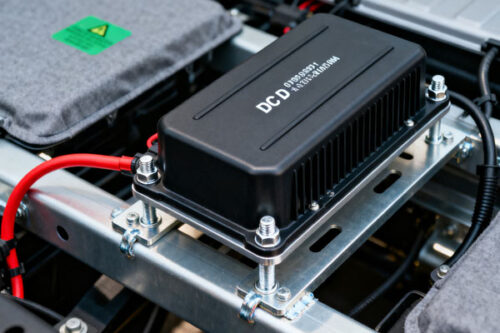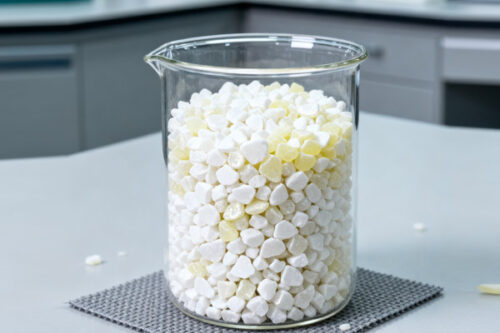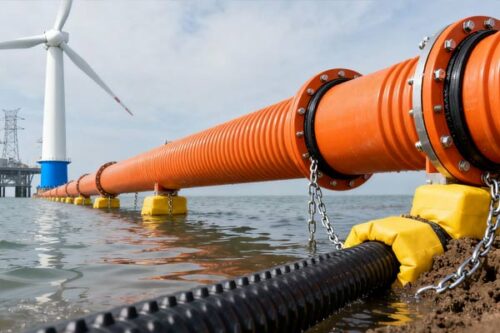In aerospace, automotive, and heavy industrial environments, cables and hoses are often exposed to extreme conditions. Constant vibration, mechanical stress, and contact with sharp edges make abrasion one of the leading causes of cable damage. Using abrasion-resistant sleeves helps protect against these risks, because when cables fail, the consequences are not only costly — they can also compromise safety and system reliability.

The Challenge: Harsh Environments, Constant Stress
Unlike office or residential cabling, aerospace and industrial cables must perform under:
- High vibration from engines, motors, or moving equipment
- Temperature fluctuations ranging from −40°C to +150°
- Exposure to oils, fuels, and cleaning solvents
- Continuous friction against metal or composite surfaces
These factors accelerate cable wear, leading to insulation cracks, conductor exposure, and ultimately equipment downtime. In mission-critical systems like aircraft avionics or industrial automation, a single cable failure can shut down operations.
Why Standard Sleeving Is Not Enough?
Traditional PVC or low-grade PET cable sleeves provide basic organization, but they often fail under abrasive conditions. Once the sleeve wears through, cables are left unprotected, causing:
- Frequent replacements and higher maintenance costs
- Unexpected failures in critical systems
- Safety hazards in aerospace and industrial environments
Key Factors to Consider in Abrasion-Resistant Sleeves
When selecting protective sleeving for aerospace or industrial use, engineers should evaluate:
1.Abrasion Resistance
- Can the sleeve withstand repeated friction cycles without breaking down?
- High anti-abrasion PET can provide up to 3x the durability of standard PET.
2.Temperature Performance
- Ensure it operates reliably between −40°C to +150°C, covering typical aerospace and industrial ranges.
3.Chemical Resistance
- The sleeve should resist oils, fuels, hydraulic fluids, and common solvents.
4.Flame Retardancy
- Compliance with UL94 V0 or FMVSS 302 standards is essential for aerospace and automotive safety.
5.Ease of Installation
- Expandable braided sleeving makes it easy to fit over existing harnesses and long cable runs.
Example: PET High Anti-Abrasion Expandable Sleeving
One effective solution is MJ’s BRS-PET-003-BK-HA (black, high anti-abrasion PET sleeve).
- Superior abrasion resistance for high-vibration zones
- Lightweight yet durable – ideal for aerospace and automotive applications
- Chemical and flame resistance for demanding industrial settings
- Expandable design allows quick installation and rework
Compared to standard PET sleeving, this high-abrasion version significantly extends cable service life in harsh environments.
Practical Applications
- Aerospace: Avionics wiring harnesses, hydraulic lines, engine bay cables
- Automotive & EVs: Battery harnesses, engine compartment wiring, sensor cables
- Industrial machinery: Robotics, heavy equipment, automation systems
- Marine & rail: Wiring harnesses exposed to vibration and mechanical stress
In demanding industries, cable protection equals system reliability. By carefully choosing abrasion-resistant sleeves that meet temperature, chemical, and flame-retardant requirements, engineers can ensure both performance and safety.
For aerospace and industrial applications, MJ’s High Anti-Abrasion PET Sleeving provides an excellent balance of durability, flexibility, and compliance.
Request samples today and test how our sleeving performs in your toughest environments.



